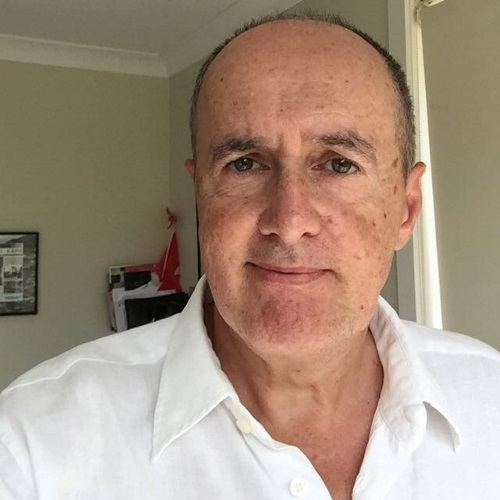Evidence of real-world outcomes that improve stakeholders' lives is considered the most important component of a corporate engagement strategy and Asian institutions are increasingly convinced that meaningful change is integral to active ownership. That’s according to the annual survey of institutional investor priorities, carried out by fund manager Schroders.
The world’s largest fund managers have been under the spotlight for some years now, so their stewardship activities are well documented. For example, during the 2021-22 proxy year, BlackRock did not support 2,529 directors at 1,521 companies globally, over concerns about independence, with a high concentration of such voting in the APAC region.
Their assessment considered a number of factors, including the balance of independent and non-independent directors and the tenure of directors and the overall board on average.
“We look for boards to have a sufficient number of independent directors, free from conflicts of interest or undue influence from connected parties, to bring an objective view to and influence on board decisions,” said the firm in a statement.
However, that stance is not reflected in independent data. A report on voting activity by third-party fund managers from ShareAction suggests that the pace of progress has been slowing.
According to the report on asset manager voting trends, the world’s largest asset managers are backing fewer shareholder resolutions on environmental and social issues.
“Asset managers across the board are hesitant to back action-oriented resolutions, which would have the most transformative impact on environmental and social issues,” said the report.
The report ranked 68 global asset managers according to how many shareholder-sponsored resolutions each manager voted for, as a percentage of the total number of resolutions the manager was able to vote on.
Significantly, the report said an additional 49 (out of 252) shareholder resolutions would have received majority support if BlackRock, Vanguard and State Street Global Advisors had voted in favour of them.
BNP Paribas Asset Management’s head of stewardship for Asia Pacific, Jane Ho refutes the idea that corporate governance activity is slowing. Indeed, “there is a noticeable step up in stewardship activities in Asia,” she said.
Jane Moir at Asian Corporate Governance Association says Asia does not see anything like the scale of activity compared to western markets, reflecting the logistical and regulatory hurdles in bringing corporate actions. These include concerns over concert party rules, particularly in markets such as Japan.
However, ACGA is seeing more resolutions in Japan and Korea, and more investor support for them, said Moir.
“The JPower resolution last year gained a respectful vote and more recently, the recent proposals at Fujitec suggests investors are more willing to back proposals which can have a significant outcome.”
To ensure they really are stepping their stewardship, ShareAction said that asset owners should ask external fund managers to disclose data on follow-up engagement for all instances where they have opposed management on ESG issues.
"They should also consider engaging collaboratively with other asset owners who share their asset manager."
BNP Paribas AM's Ho added that asset owners are indeed increasingly focused on accountability and action with external managers. Many also publish their own stewardship or voting reports.
"We see this reflected also in the selection process of asset owners, with the increase in RFP questions on ESG and stewardship to the due diligence of these activities. Clients are looking for increased reporting and examples," said Ho.
She is also encouraged by the greater collaboration between asset owners in Asia on governance and stewardship.
"Asset owners are increasingly active members of collaborative initiatives such as the Asia Investor Group on Climate Change (AIGCC) and Climate Action 100+, working alongside industry peers on stewardship."
Japan’s Government Pension Investment Fund (GPIF) has taken an interesting approach to ensuring its active ownership achieves its objectives. GPIF surveys listed companies in order to evaluate the stewardship activities carried out by GPIF’s external asset managers.
The main objective is to ascertain the actual status of purposeful and constructive dialogue between companies and asset managers.
Simply taking the approach of engaging with their asset managers could result in one-way information gathering and lacks objectivity, said GPIF president Masataka Miyazono, in its latest stewardship report, published in May.
“Therefore, we have made it a purpose of this survey to gather information from the other side, with a focus on how portfolio companies view asset managers’ engagement activities.”
The results of this survey show that there has been progress in dialogue on corporate philosophy and long-term vision and that the number of companies that have endorsed the TaskForce for Climate-related Financial Discloure (TCFD) and disclosed non-financial information, including information in line with the TCFD has significantly increased in the past year.
The number of companies that make voluntary disclosure of non-financial information including ESG has increased significantly in the GPIF survey, reaching 85%. The number of companies that prepare integrated reports and disclose information in line with the TCFD has also grown considerably. In
particular, the number of companies that disclose information in line with the TCFD has increased by more than 100 from 139 in the previous survey to 249.
Posted 13/09/2023

















